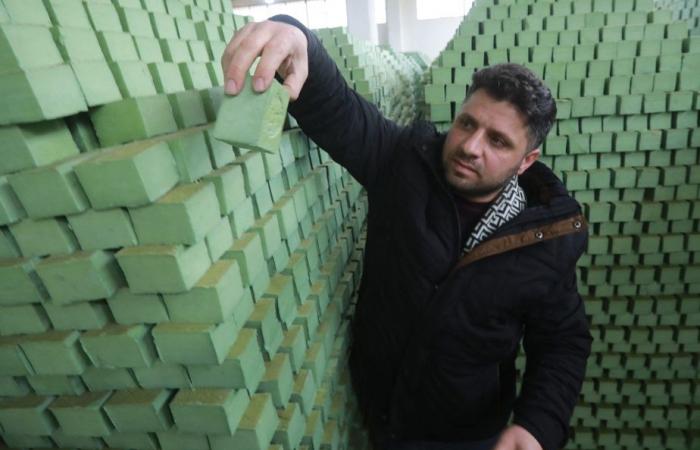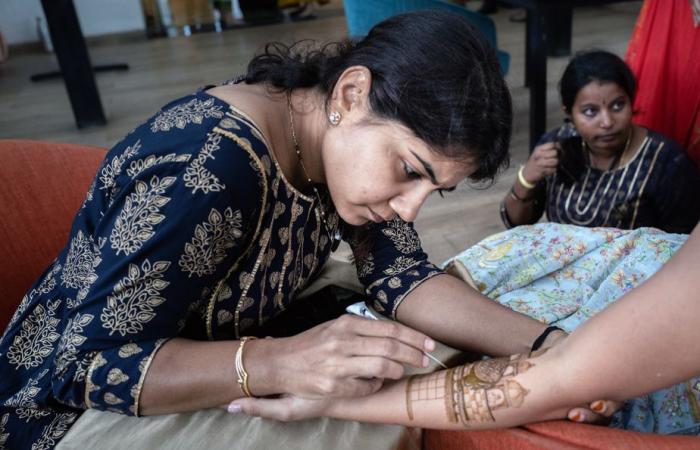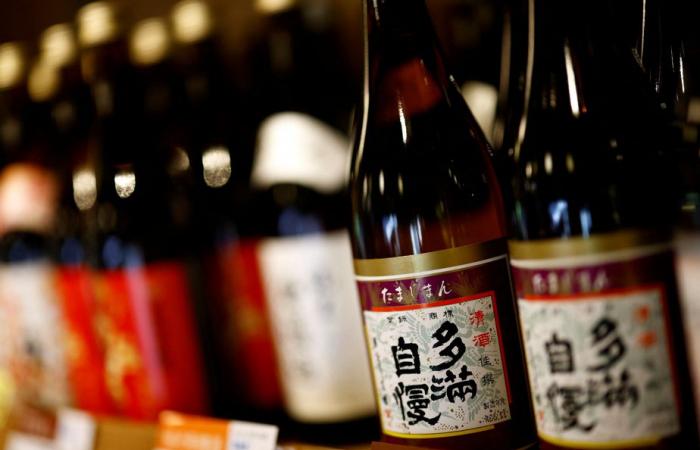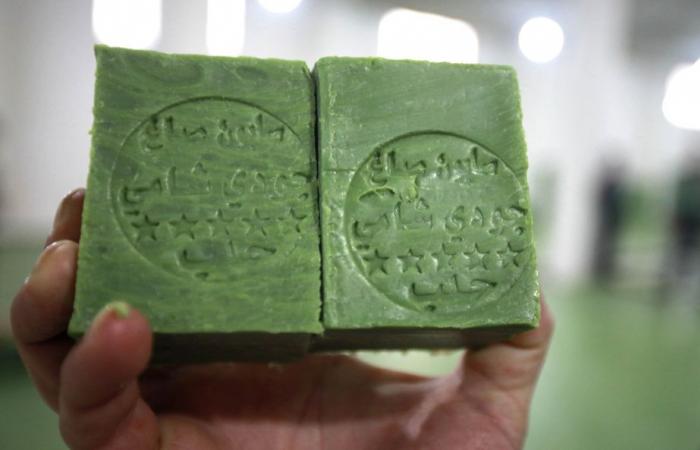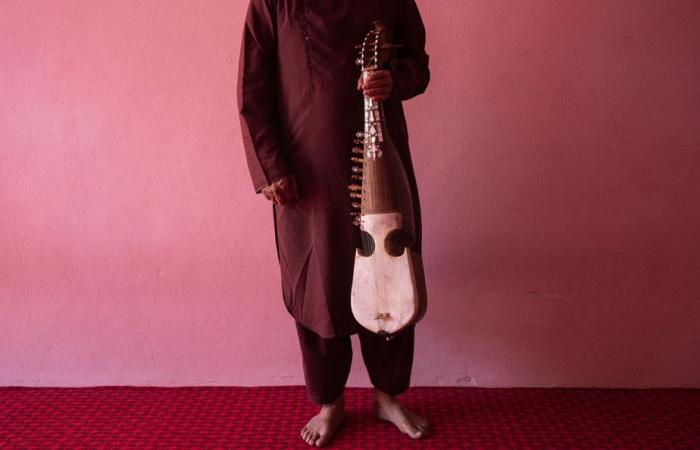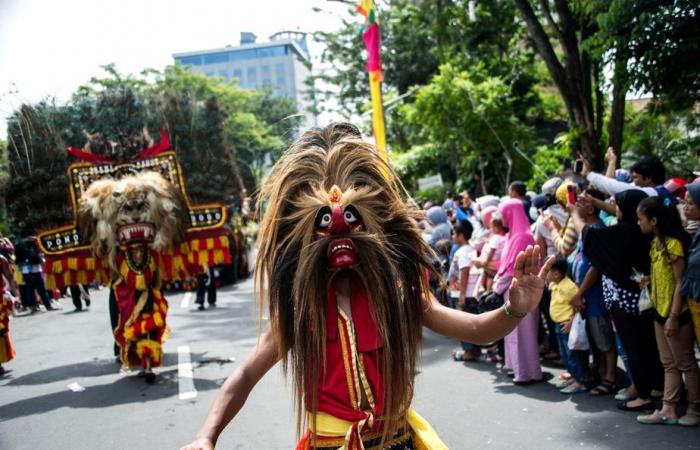UNESCO continues its essential preservation work. By Thursday, the UN organization is expected to add 66 new “elements” to its list of intangible heritage of humanity, including henna, sake and Aleppo soap. Since 2008, 145 states have had one or more of their traditional cultural practices approved. Among these, Neapolitan pizza (2017), Brazilian capoeira (2014), Spanish flamenco (2010), French baguette (2022)…
Posted at 12:00 a.m.
Henna
PHOTO ELKE SCHOLIERS, ARCHIVES THE NEW YORK TIMES
A henna artist, Bangalore
No less than 16 Arab countries defended the candidacy of henna this year. These include Qatar, Saudi Arabia, Kuwait, Egypt, Tunisia and Morocco. Very widespread in these regions, henna is a plant whose leaves are dried, crushed, then transformed into a paste used to tattoo the forearms and feet of women participating in a wedding, but also to dye the hair or even bring luck to babies. “Henna symbolizes the life cycle of an individual, from birth to death, and it is present during the major stages of their life,” explains the text of its intangible heritage inscription.
Sake
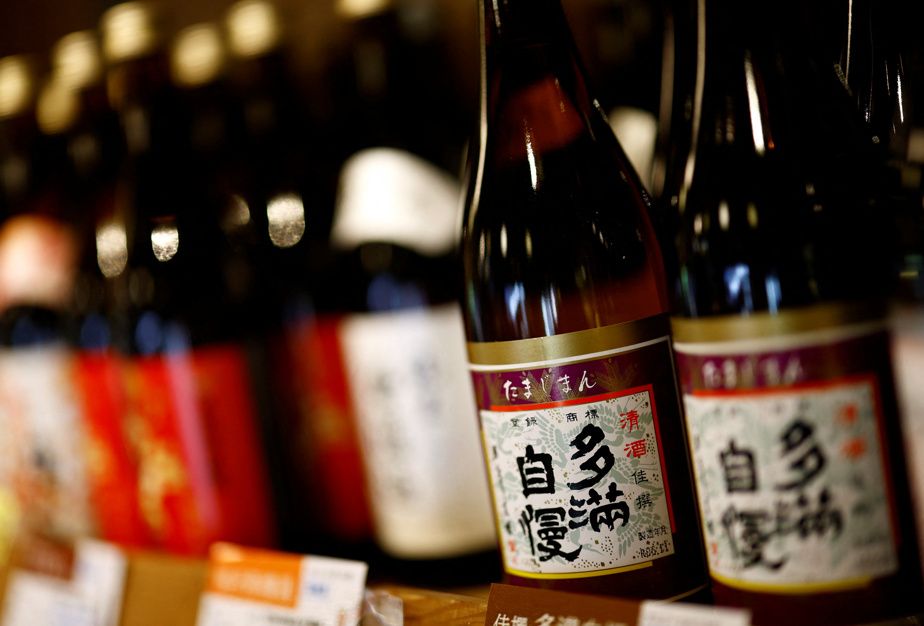
PHOTO ISSEI KATO, ARCHIVES REUTERS
Bottles of sake
Known worldwide, sake is a rice alcohol made “from quality grains and water, and deeply rooted in Japanese culture”. The drink is now mass-produced in modernized factories where the fermentation process is automated, but artisans continue to make it using the traditional method. Its inscription by UNESCO is good news for this industry, which is facing a decline in consumption in its own country. Since the 1970s, this has in fact fallen by 70%, with young people preferring wine and beer to this alcohol perceived as old-fashioned. Regression nevertheless offset by sales abroad.
Aleppo soap
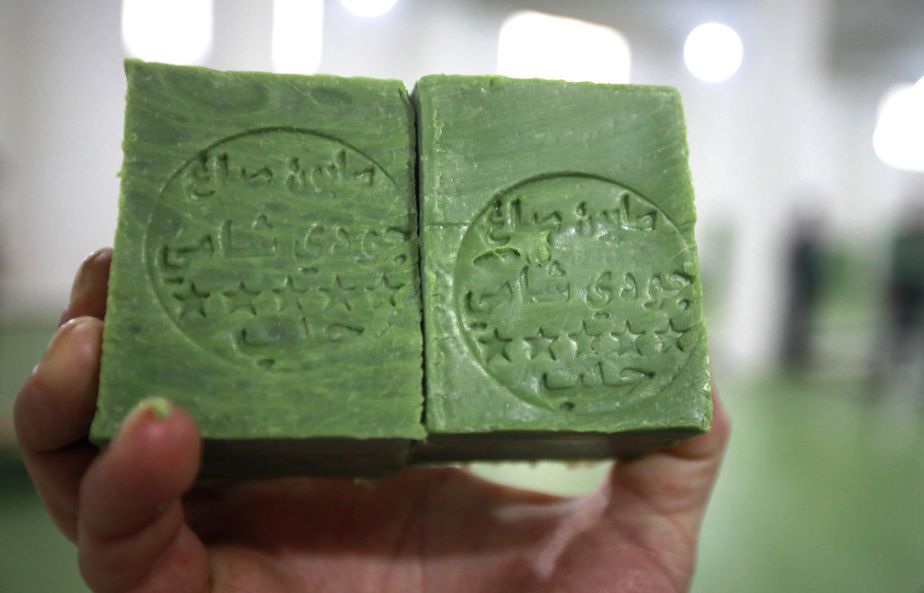
PHOTO LOUAI BESHARA, AGENCE FRANCE-PRESSE ARCHIVES
Bars of Aleppo soap
Between civil war and natural disasters, the city of Aleppo, Syria, has experienced its share of setbacks over the past 10 years. The inclusion of Aleppo soap on the UNESCO list must therefore be considered a balm for those who have practiced this craft for centuries and generations. According to UNESCO, approximately 50-75% of Aleppo’s communities are involved in the manufacture or trade of this soap which contains natural, locally produced olive and laurel berry oils. Note that the city of Nablus, in Palestine, also submitted the application for its traditional soap.
Rubab (or rabab)
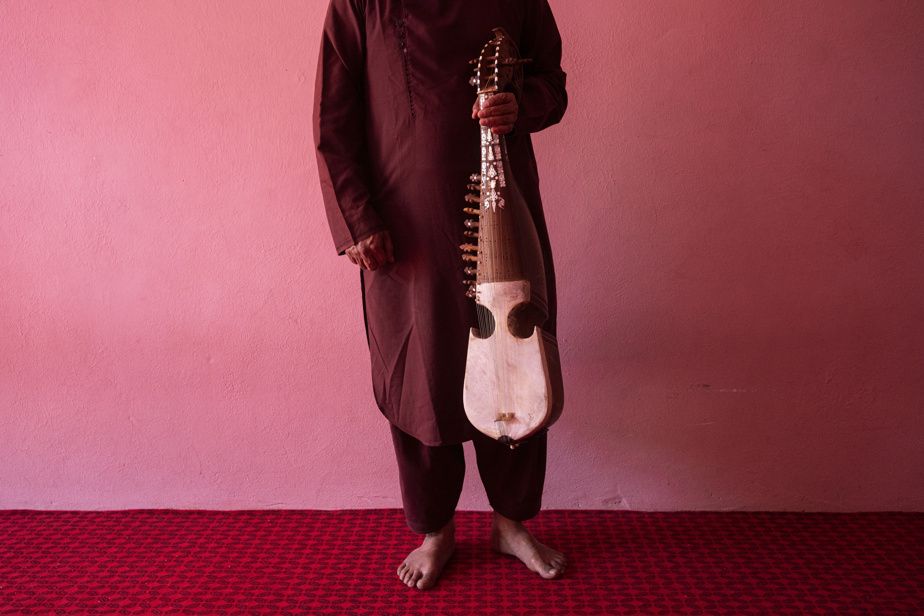
PHOTO BERNAT ARMANGUE, ARCHIVES ASSOCIATED PRESS
An Afghan musician and his rubab
This traditional Central Asian guitar is very present in Tajikistan, Iran and Uzbekistan. It is used in many ceremonies, including weddings, celebrations, local gatherings, funerals and healing practices. It was also the national instrument of Afghanistan, until the return of the Taliban in 2021, who banned all musical practice in public. Several rubab musicians have had to go into exile to continue performing, or must now play underground, under penalty of reprisals.
Disappearing rites
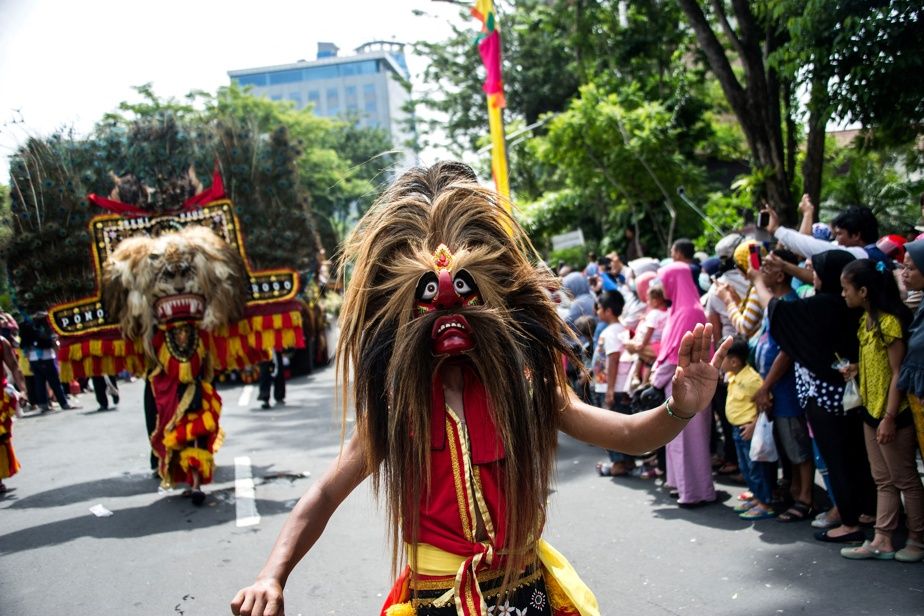
PHOTO JUNE KRISWANTO, ARCHIVES AGENCE FRANCE-PRESSE
Dancers perform the traditional Reog Ponorogo in Surabaya
Among other practices submitted to UNESCO, we highlight the manufacture of attiéké (cassava semolina) in Côte d’Ivoire or cassave (cassava-based pancake) in Cuba, the Dominican Republic, Haiti, Honduras or Venezuela. Two countries have also submitted nominations “in need of urgent safeguarding”, namely Indonesia with the “performing art of Reog Ponorogo” and Botswana with the Wosana ritual. The latter would no longer be practiced in three villages, the result of a generalized rejection of traditional rites in favor of Catholicism. “Only 20 elderly practitioners are available to perform the element in all the villages where it is practiced,” says UNESCO.

